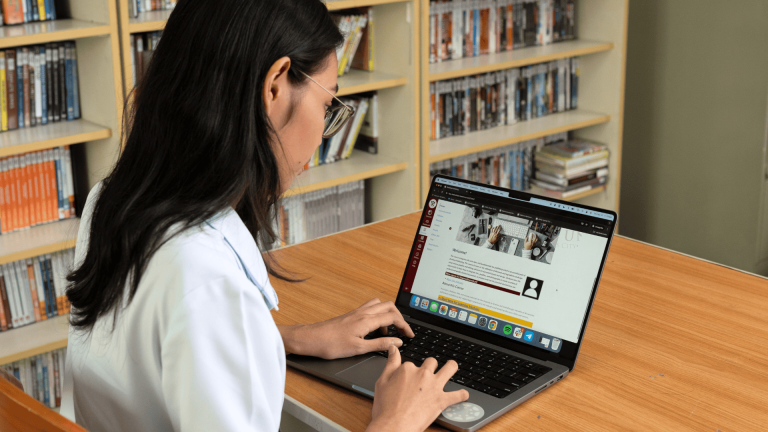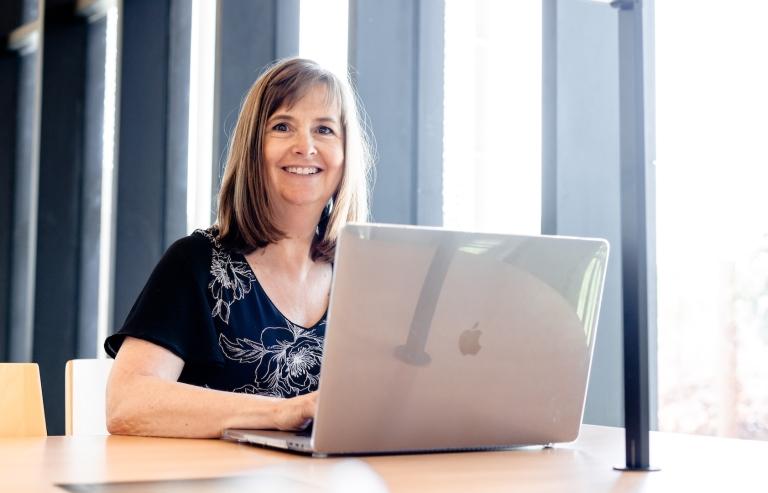
Originally published 2 June 2024 in The Manila Times "Let's Talk Social" column.
Mother's Month might have ended, but the stories of mothers and adult women striving for lifelong learning remain relevant.
In an email interview, I asked Melissa Loble, Chief Academic Officer at global edtech firm Instructure, to highlight these incredible journeys and the transformative impact of education on their lives. In the Philippines, where many households rely on dual incomes, supporting mothers in their educational pursuits is essential for their empowerment and the well-being of their families.
Loble explained that Filipino mothers in rural areas face various barriers to accessing higher education, including limited internet access, time constraints, and deeply-rooted cultural expectations tied to traditional gender roles. These mothers must balance their time for education with responsibilities at home and work, often employed in agriculture, fishing and mining. Reliable transportation can also be a significant issue, making it hard to attend in-person classes.
According to Loble, educational technology, such as learning management systems (LMS), offers a promising solution.
"These systems allow higher education institutions to provide blended, online, and mobile nontraditional learning experiences that deliver bite-sized, contextual learning opportunities. Their simplicity and real-world design also often require less bandwidth, allowing mothers to overcome some of the access and time challenges," she elaborated.
By leveraging these technologies, mothers in rural Philippines can gain more flexible and accessible opportunities, empowering them to pursue their education without compromising other responsibilities.
For Filipino mothers and adult women, lifelong learning is vital as it allows education at various points, not just at traditional phases like post-secondary school. Loble adds that this education can be very contextualized, aligning with women's needs at that point in their personal and professional journey. For example, mothers returning to the workforce once their children are in school may need relevant, real-time reskilling targeted to their desired employment. Non-traditional technology-enhanced learning opportunities are particularly valuable here.
"These opportunities are often tied to credentials, such as digital badges, that can be easily shared online," Loble noted. Encouraging mothers to engage in lifelong learning and share their achievements through badging can normalize this practice. It helps them thrive in their jobs or seek new opportunities, demonstrating they can balance motherhood and education. This achievement inspires families, benefits communities, and boosts the local economy.
Educational technologies, especially LMS, enable institutions to offer flexible learning approaches that can be personalized and contextualized to an individual learner. These tailored approaches meet an adult woman's needs at any point in her life because the system records her existing skills and builds on them.
"It also puts the learner at the center of the learning; she controls how, when, and where she engages in the learning process and why this is valuable to her personal and professional goals," Loble said.
With an LMS, teachers can design and recommend learning paths, using data and analytics to adjust based on a learner's ongoing mastery of skills. LMS mobile apps, which include offline access to course content, allow mothers to organize their time better while balancing home, work and social activities.
Edtech solutions promote gender equity by offering more flexible access to lifelong learning opportunities that traditional education and social structures often fail to support.
"Not only does technology-based lifelong learning provide more contextualized, bite-sized learning, but it also allows women to build skills aligned with their personal growth plans. This, in turn, lifts them up and builds their confidence for all things that they do for their families and communities," Loble emphasized.
By empowering today's women, Loble believes we spark a passion for learning that will benefit future generations. Tech-enabled solutions have proven that women can excel in careers not traditionally held by them, creating new opportunities and roles.
Looking forward, Loble highlights the need for continued development around personalized learning paths that align directly with the professional skills needed in the local industry. Bridging the gap between educational opportunities and job markets is crucial to ensure women can easily understand and access growth opportunities.
"A strong partnership between industry and education providers is critical here, as close collaboration will rapidly proliferate new learning opportunities," Loble stated.
More institutions should embrace a technology-enhanced learning approach powered by easy-to-use and intelligent educational technologies, which Loble believes would make it more likely for adult learners, especially mothers, to find, leverage, and complete lifelong learning opportunities.
Related Content
 new_and_next_webinar.png
new_and_next_webinar.pngBlogs
 meet-canvas-apac-team-farrah.png
meet-canvas-apac-team-farrah.pngBlogs
 instructure_2022-may_cofi-273.jpeg
instructure_2022-may_cofi-273.jpegBlogs